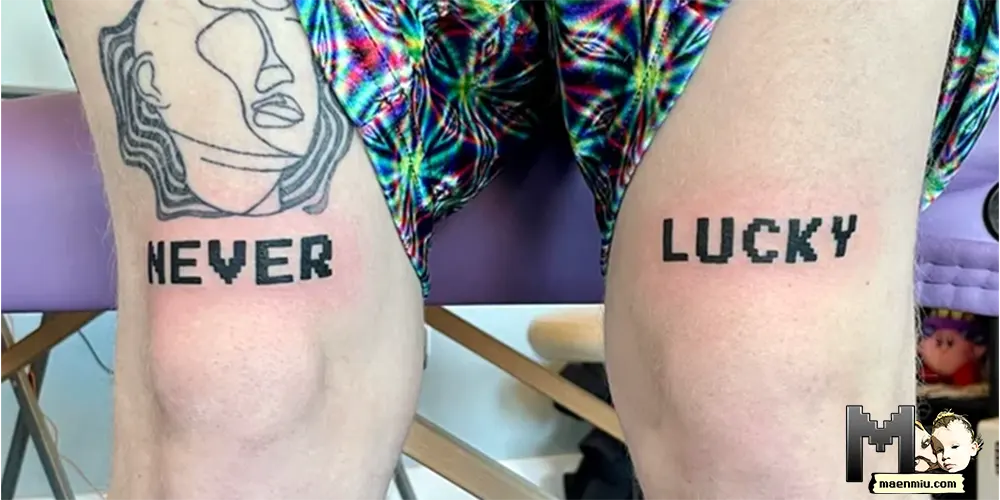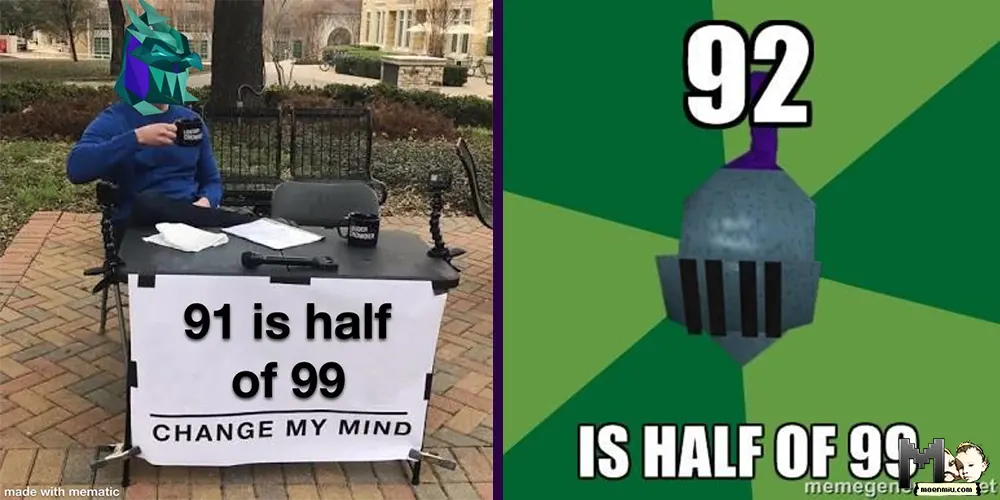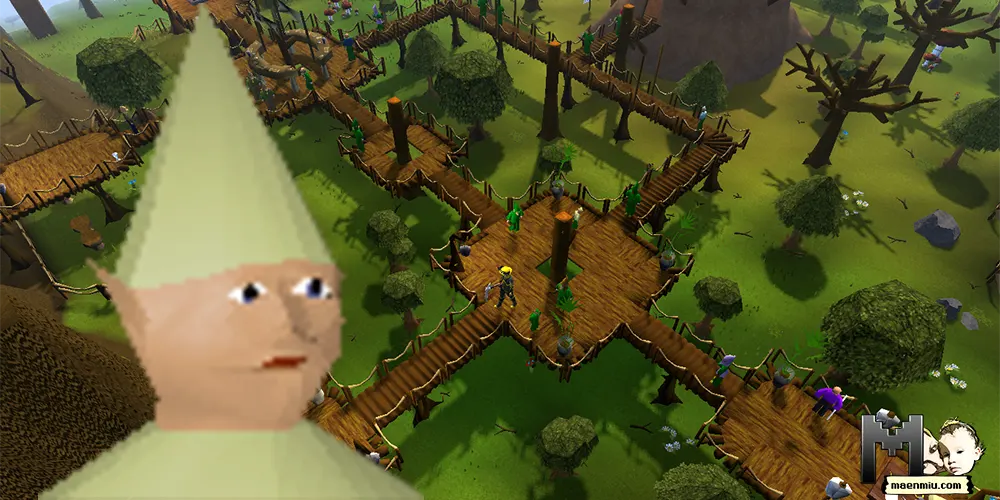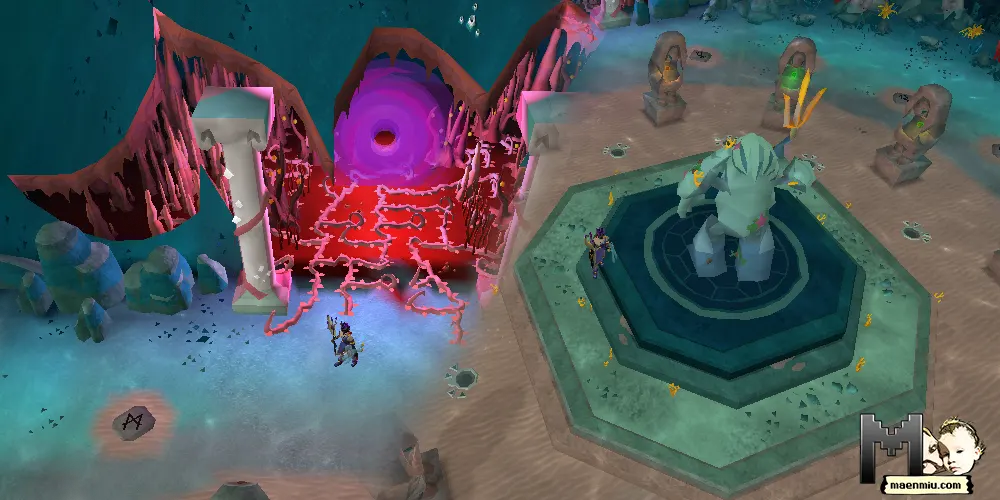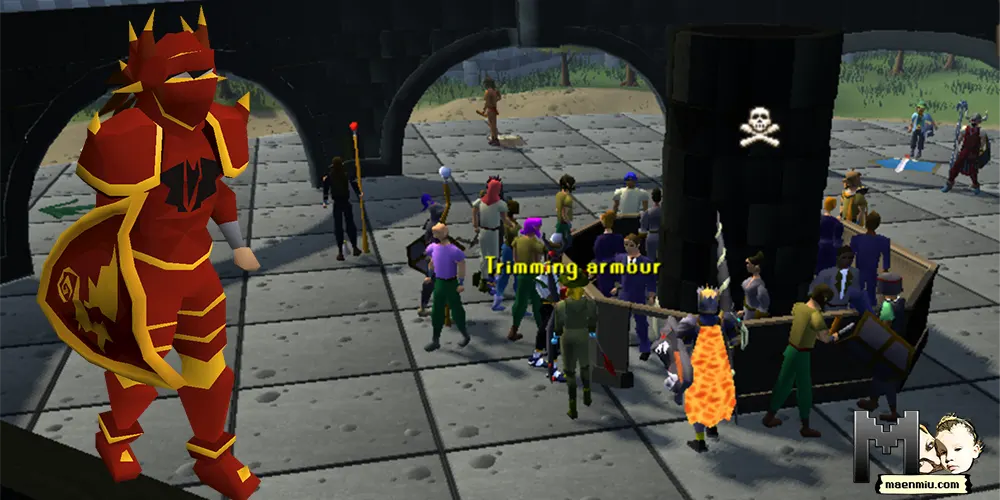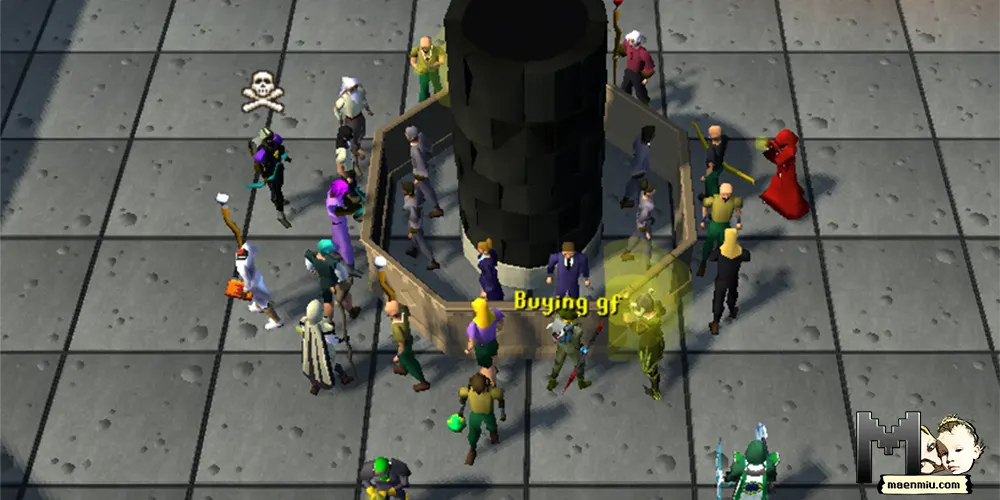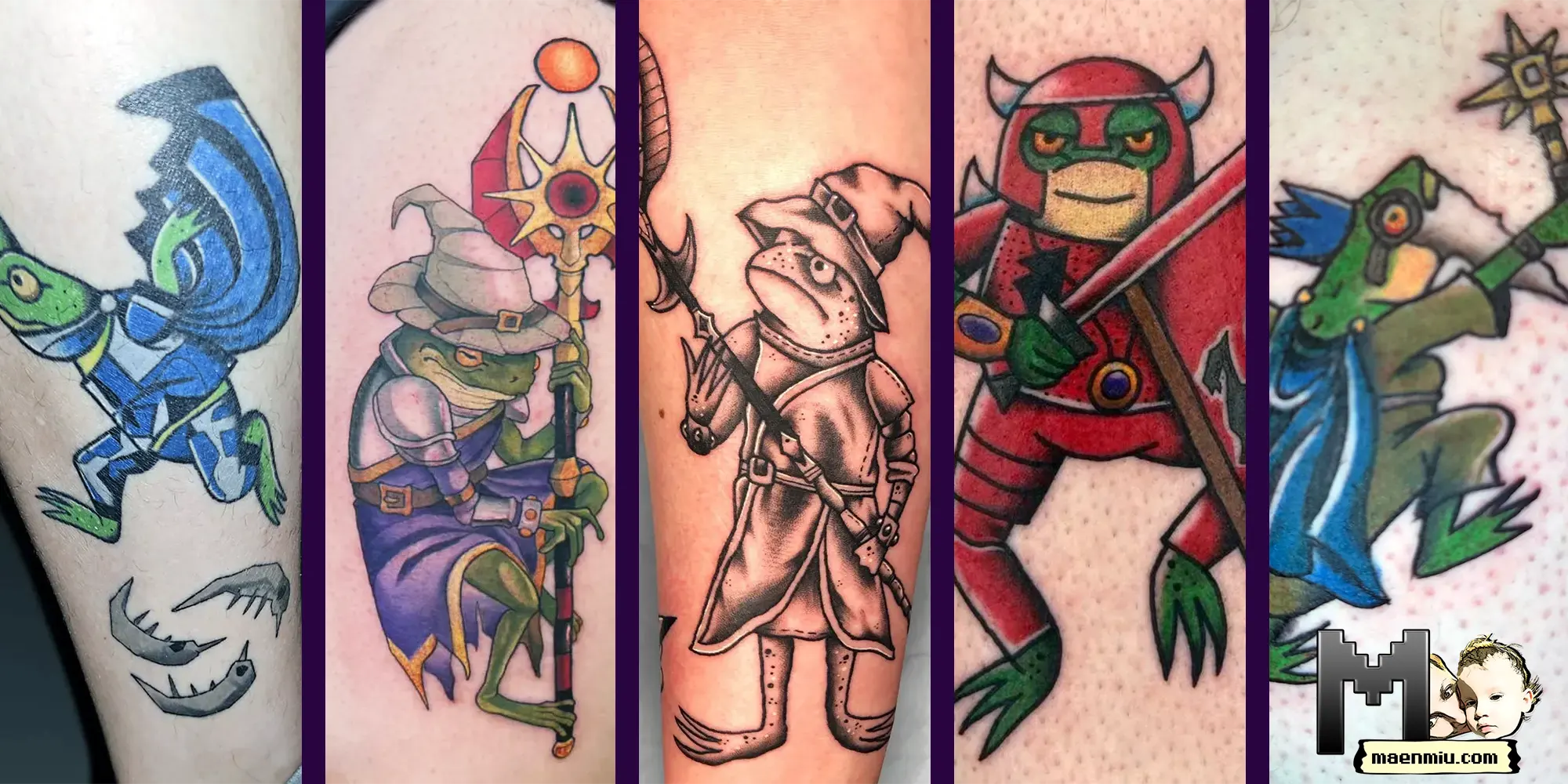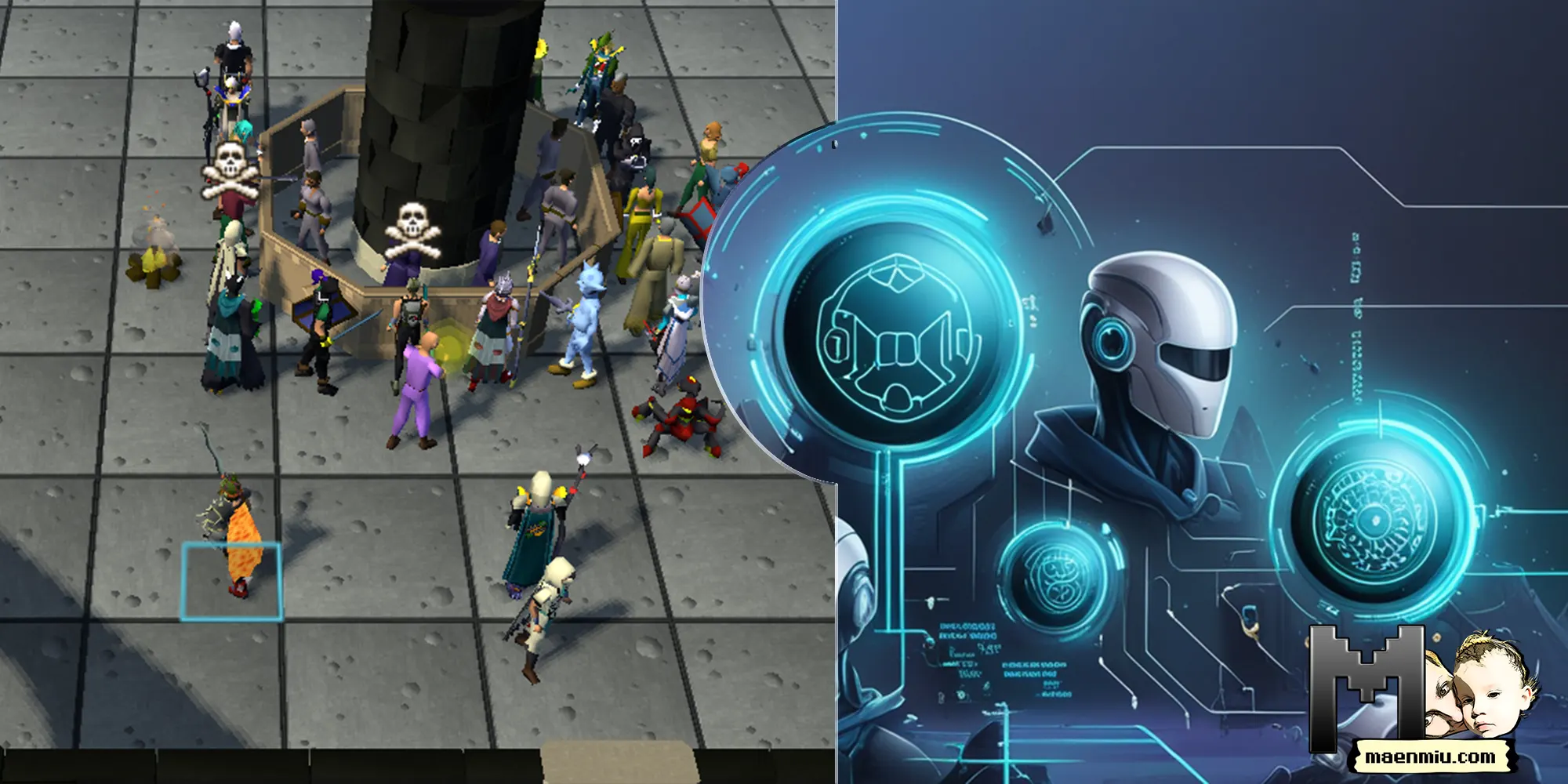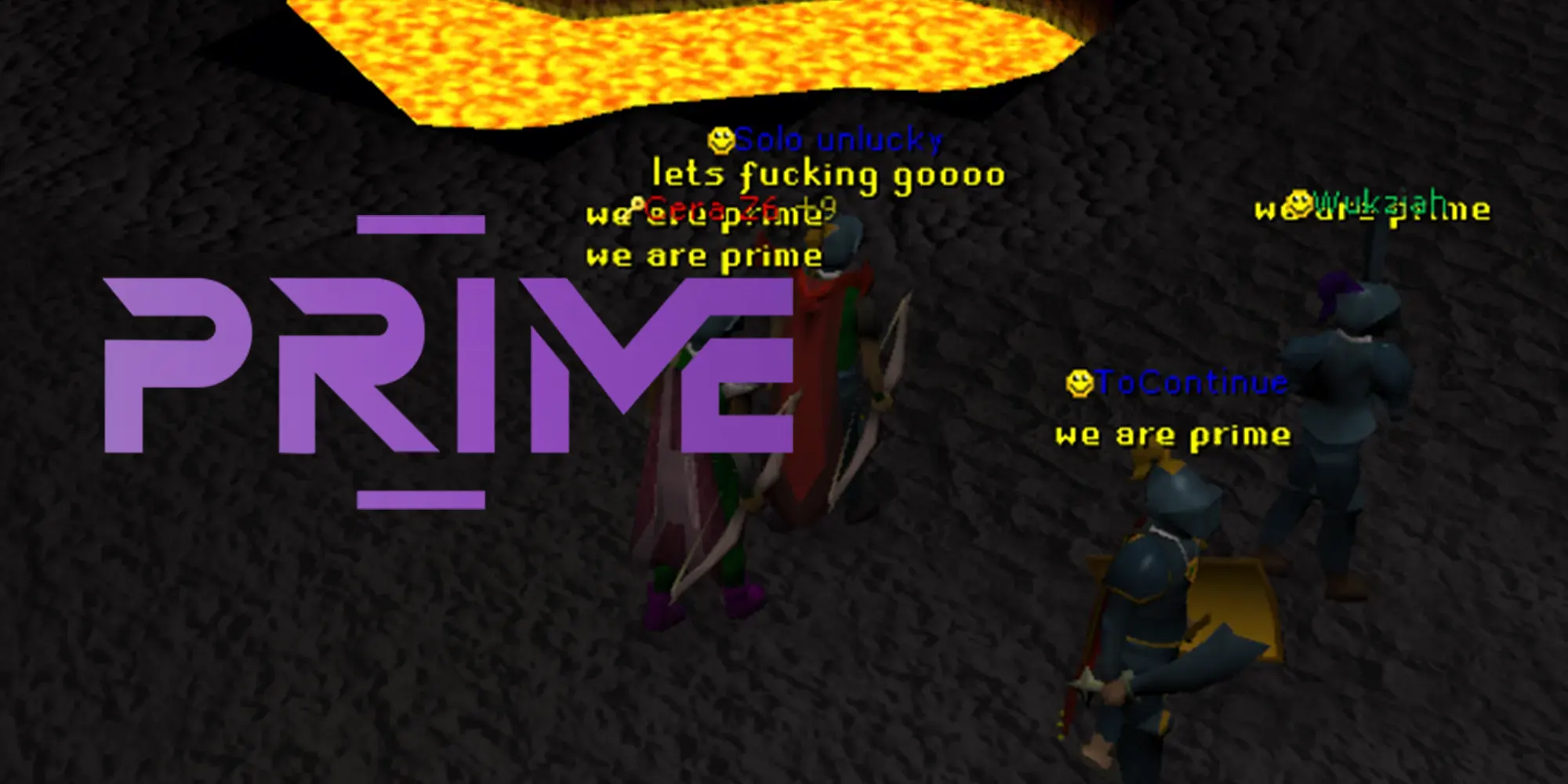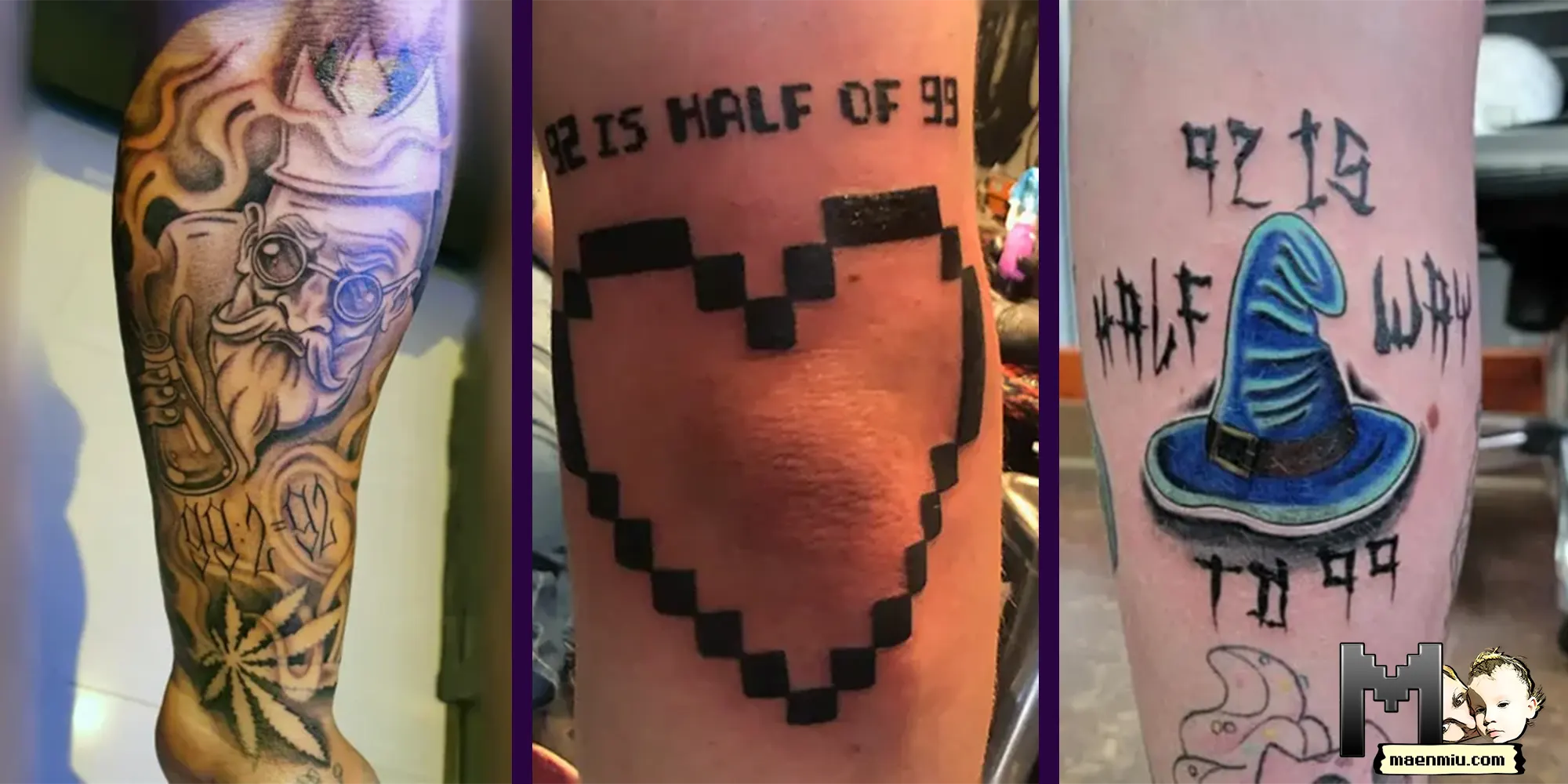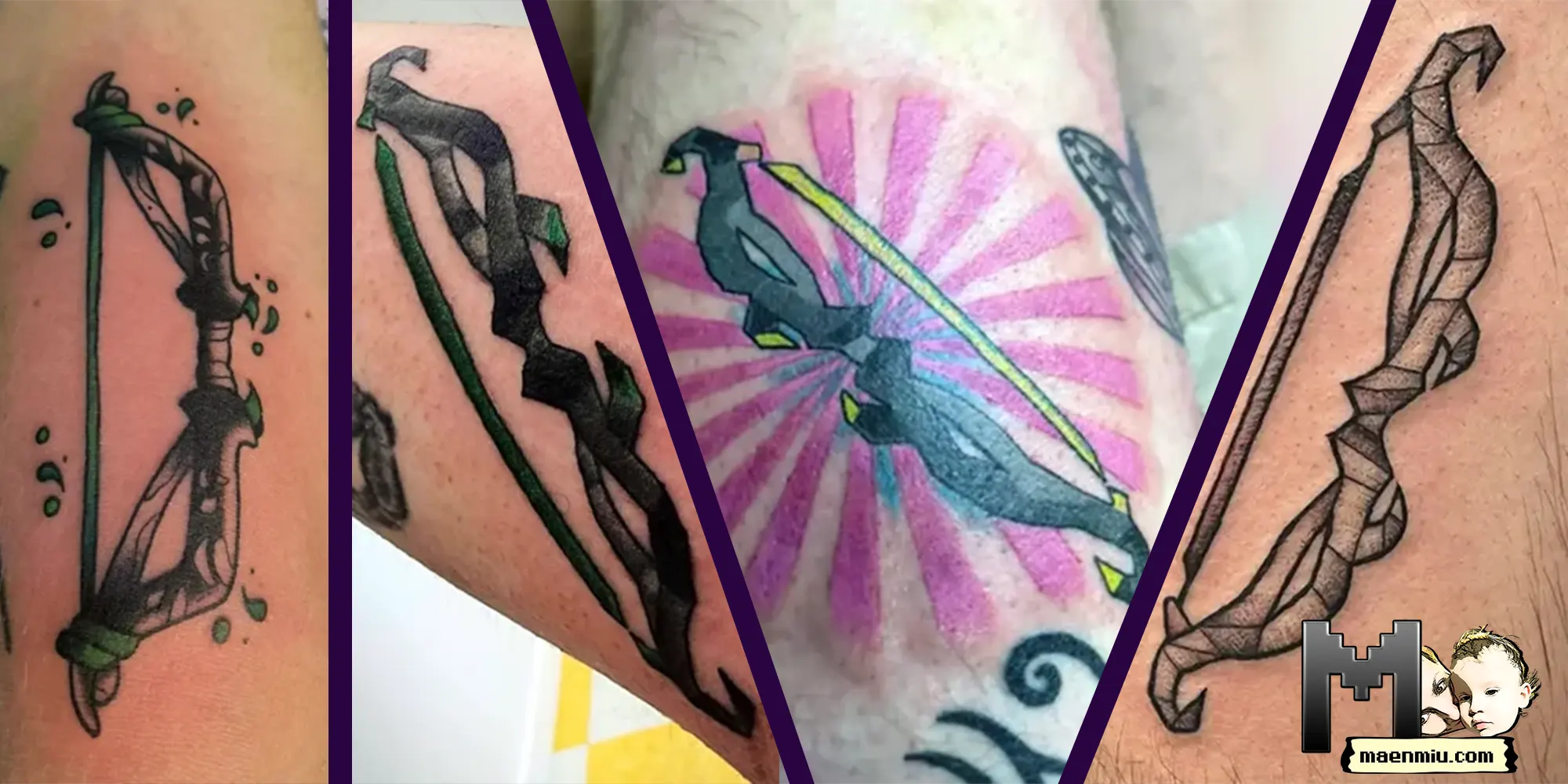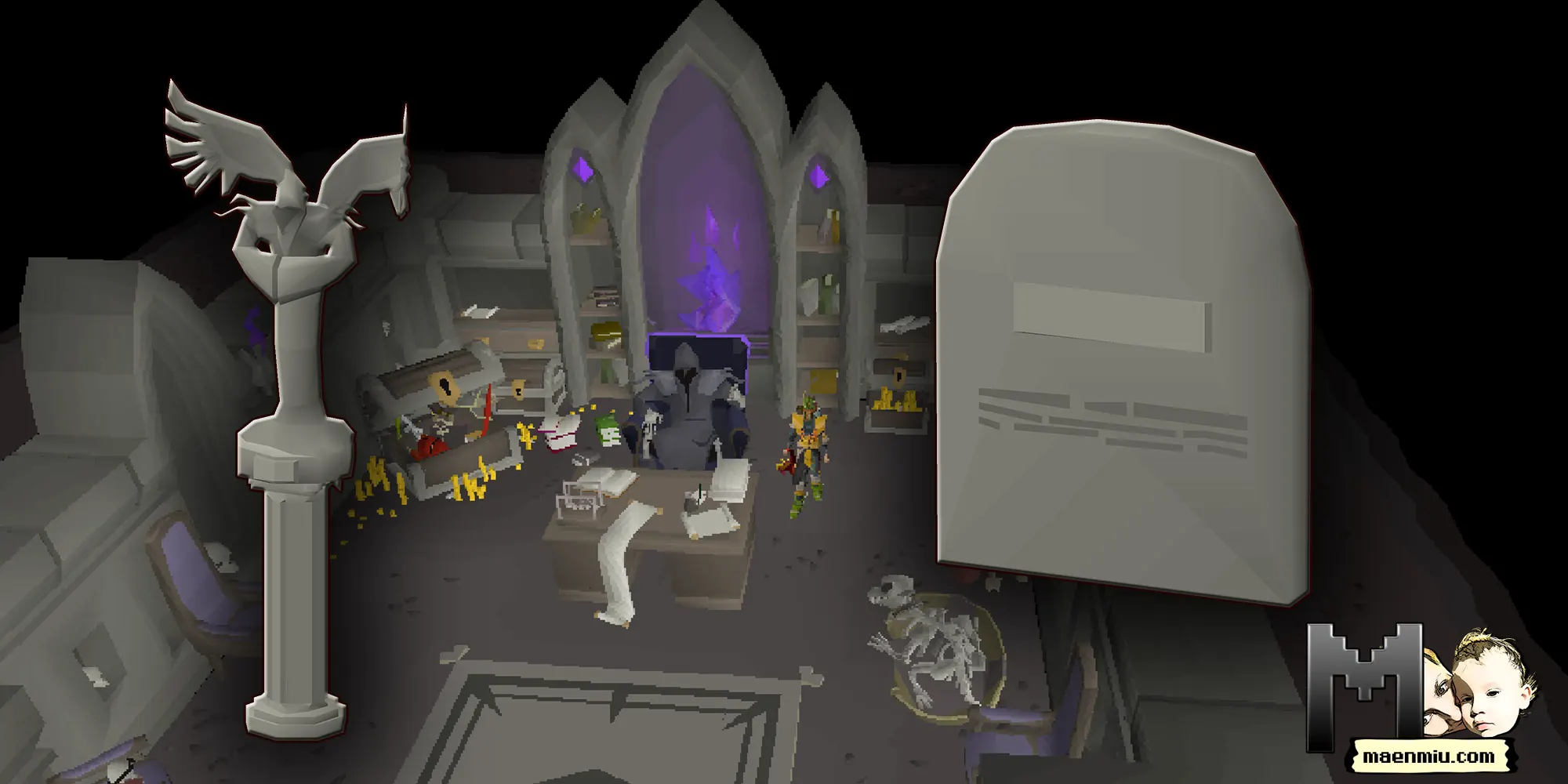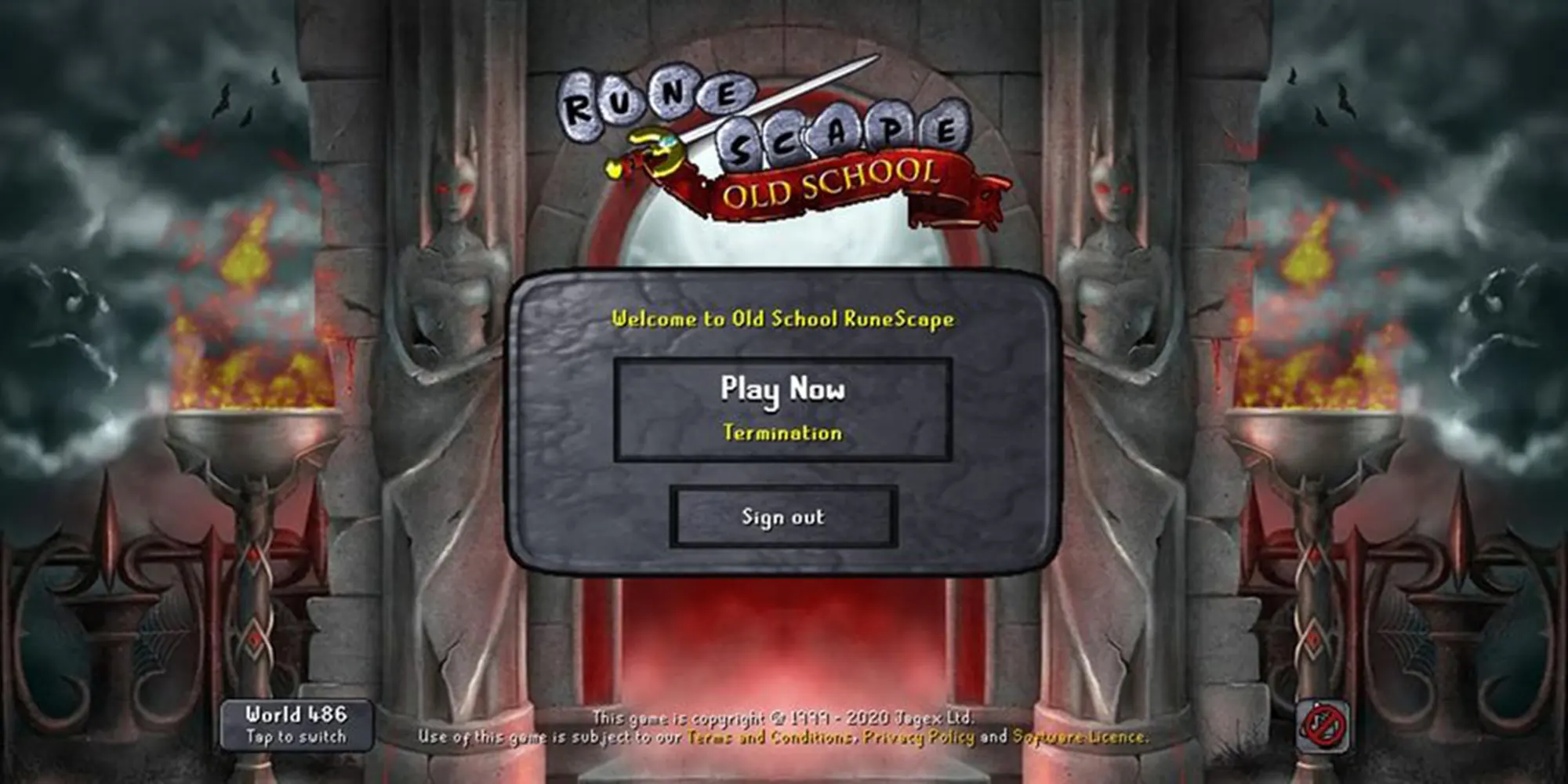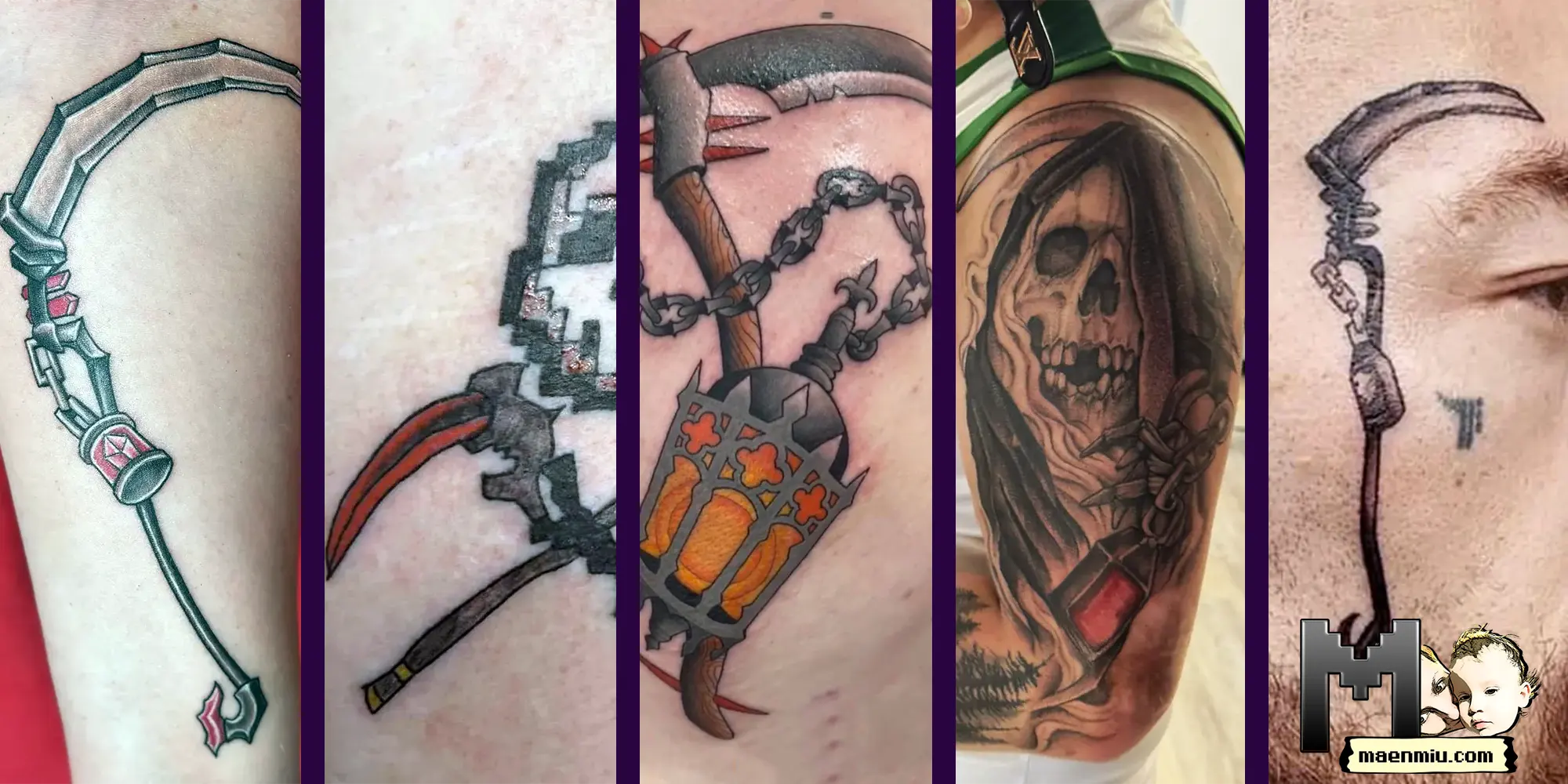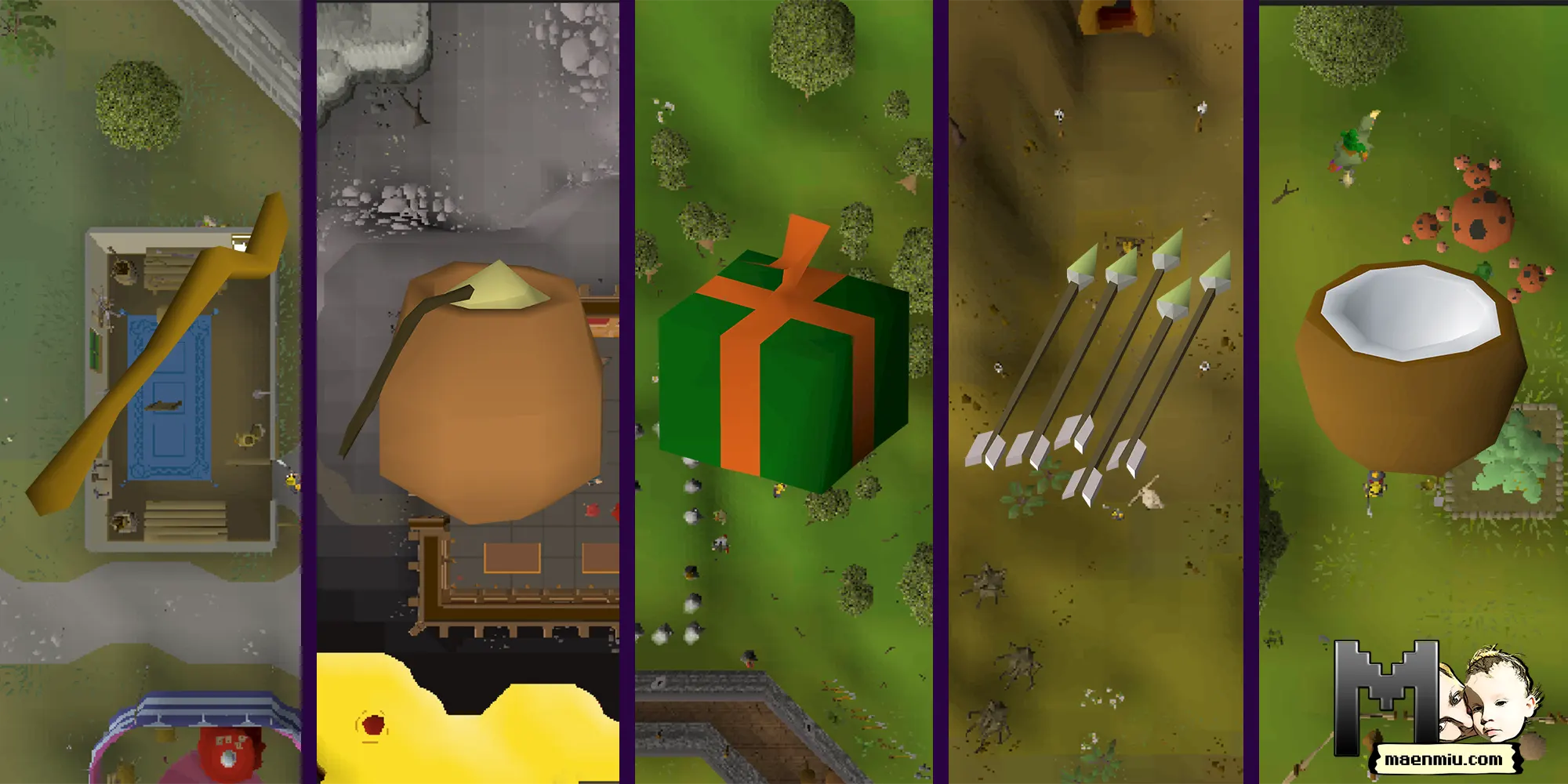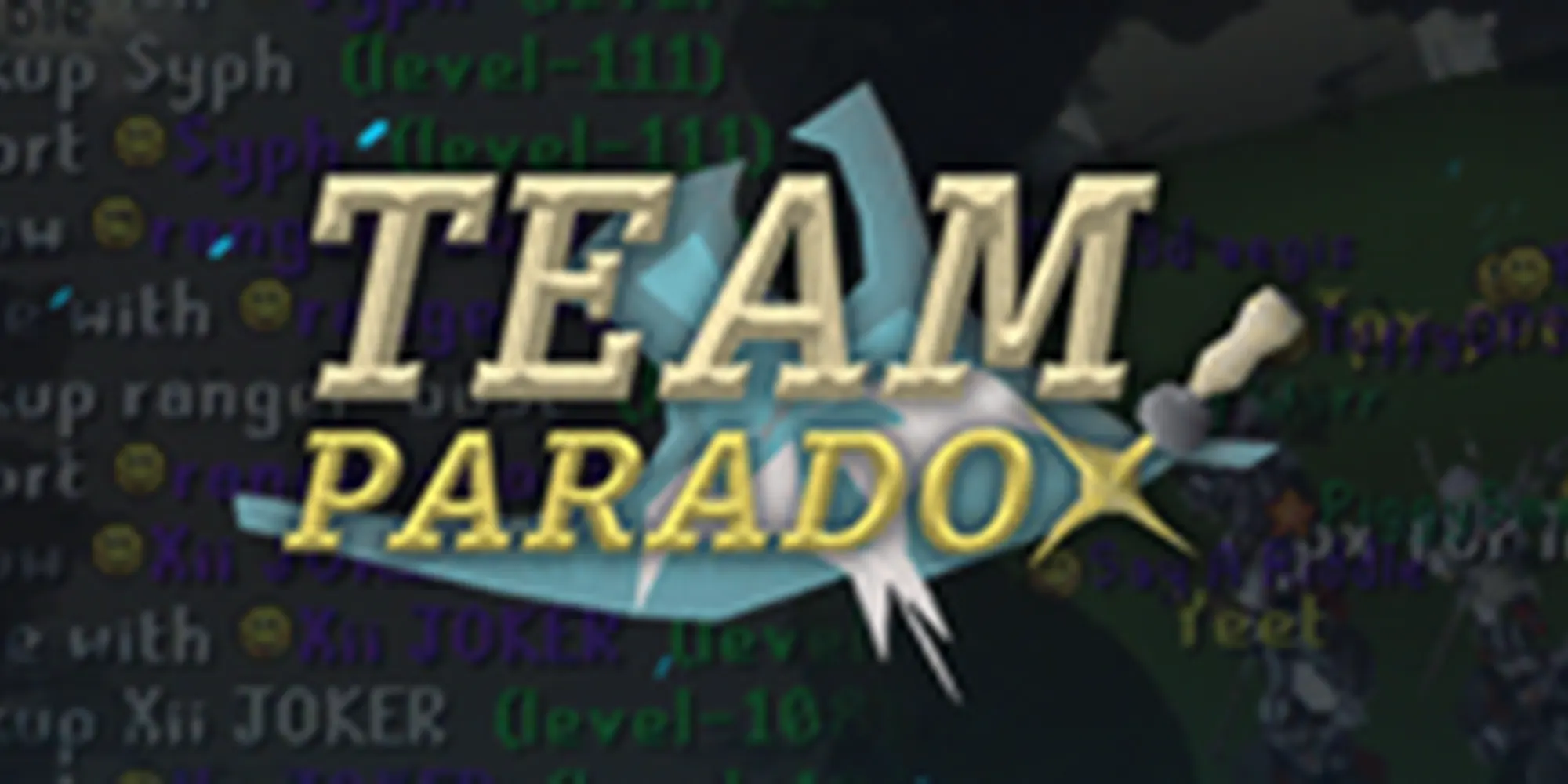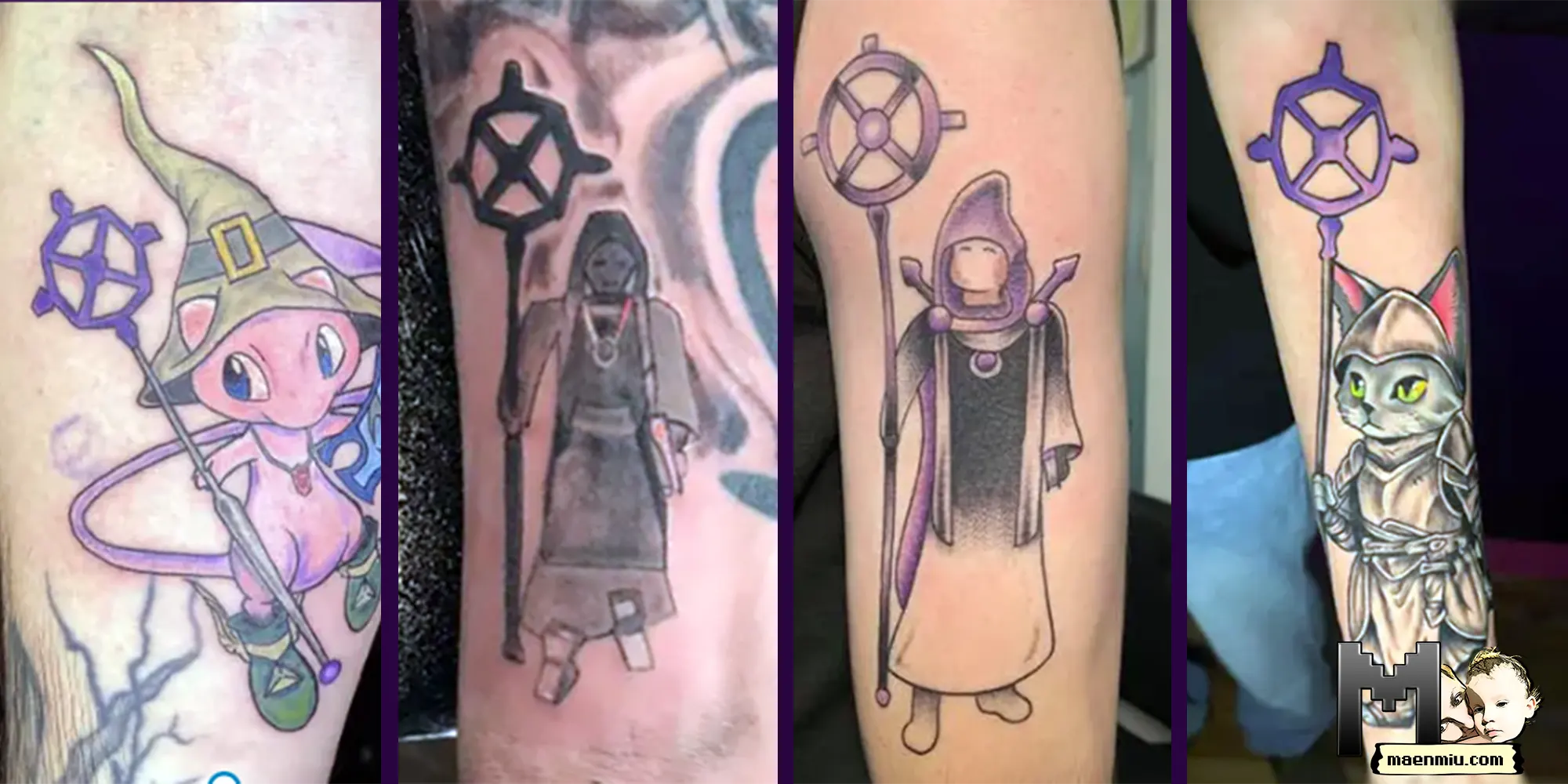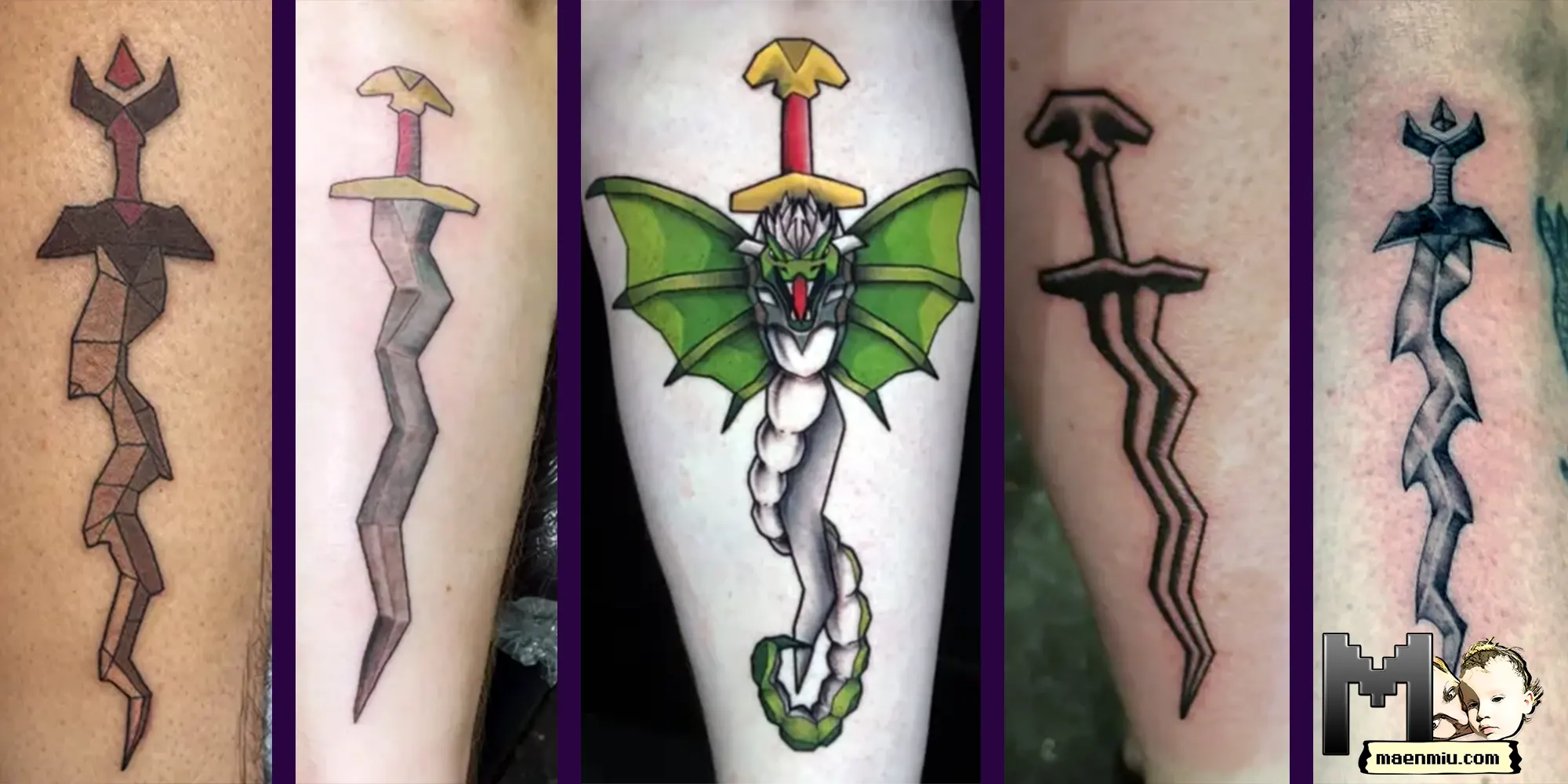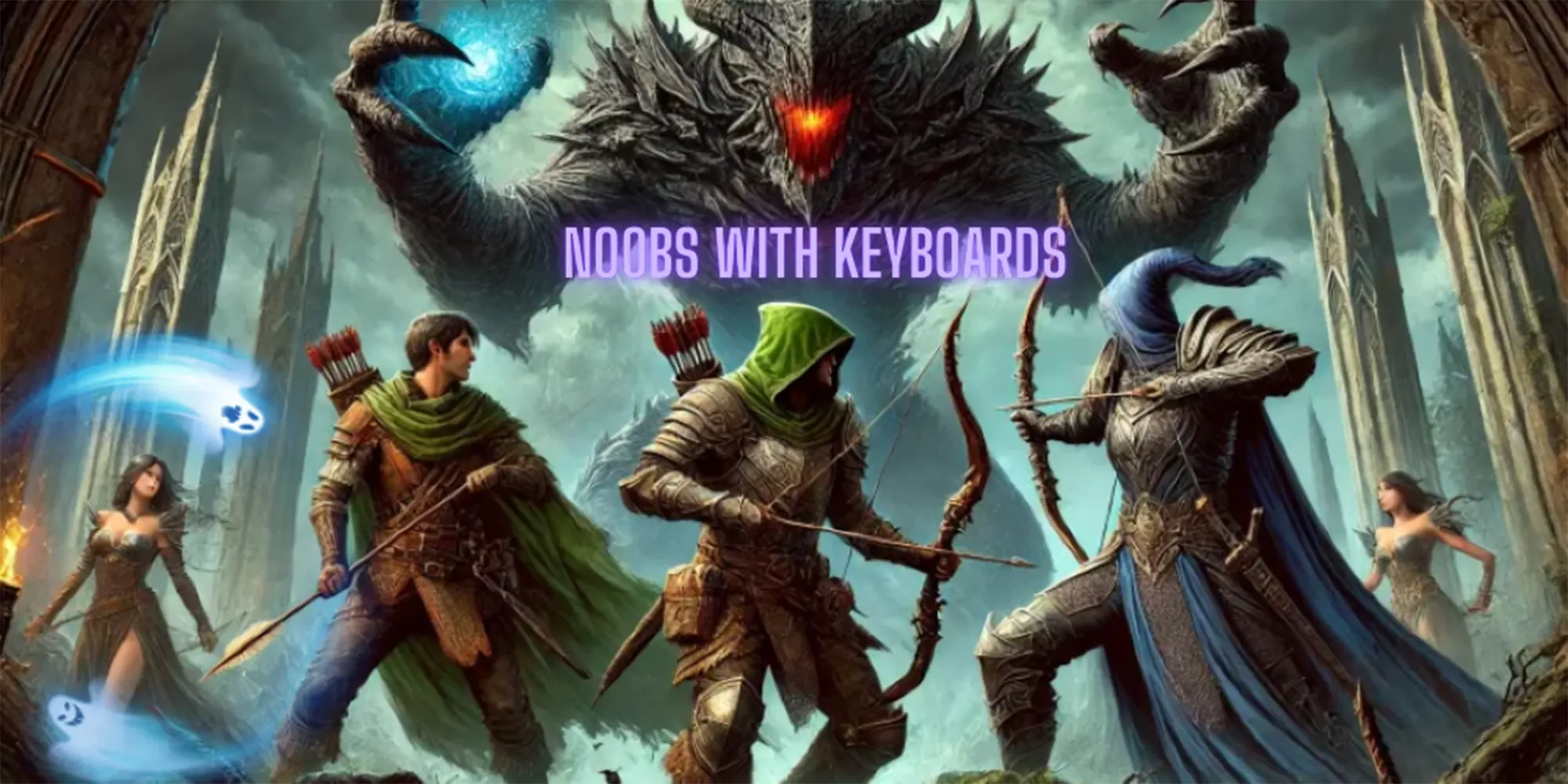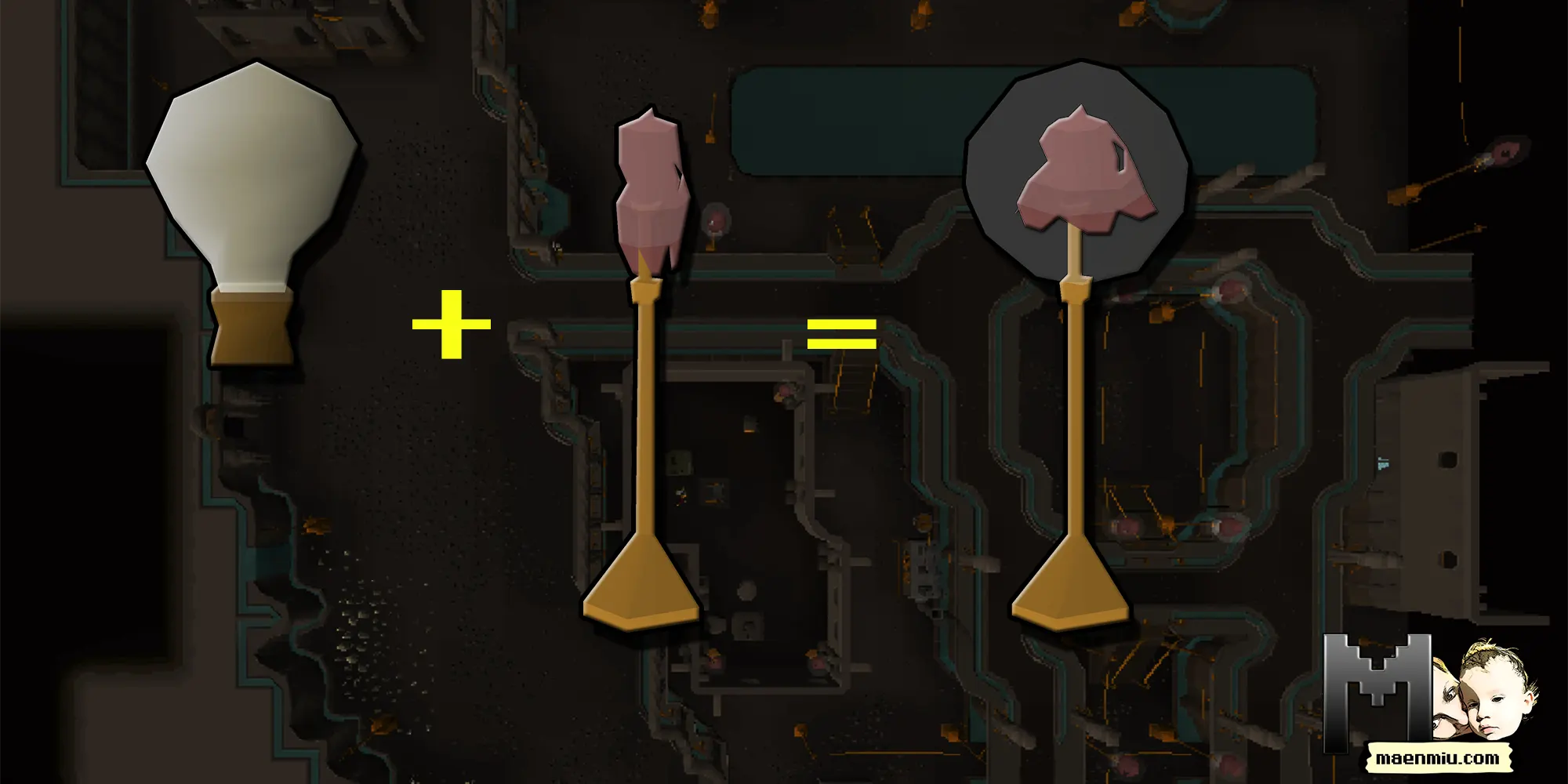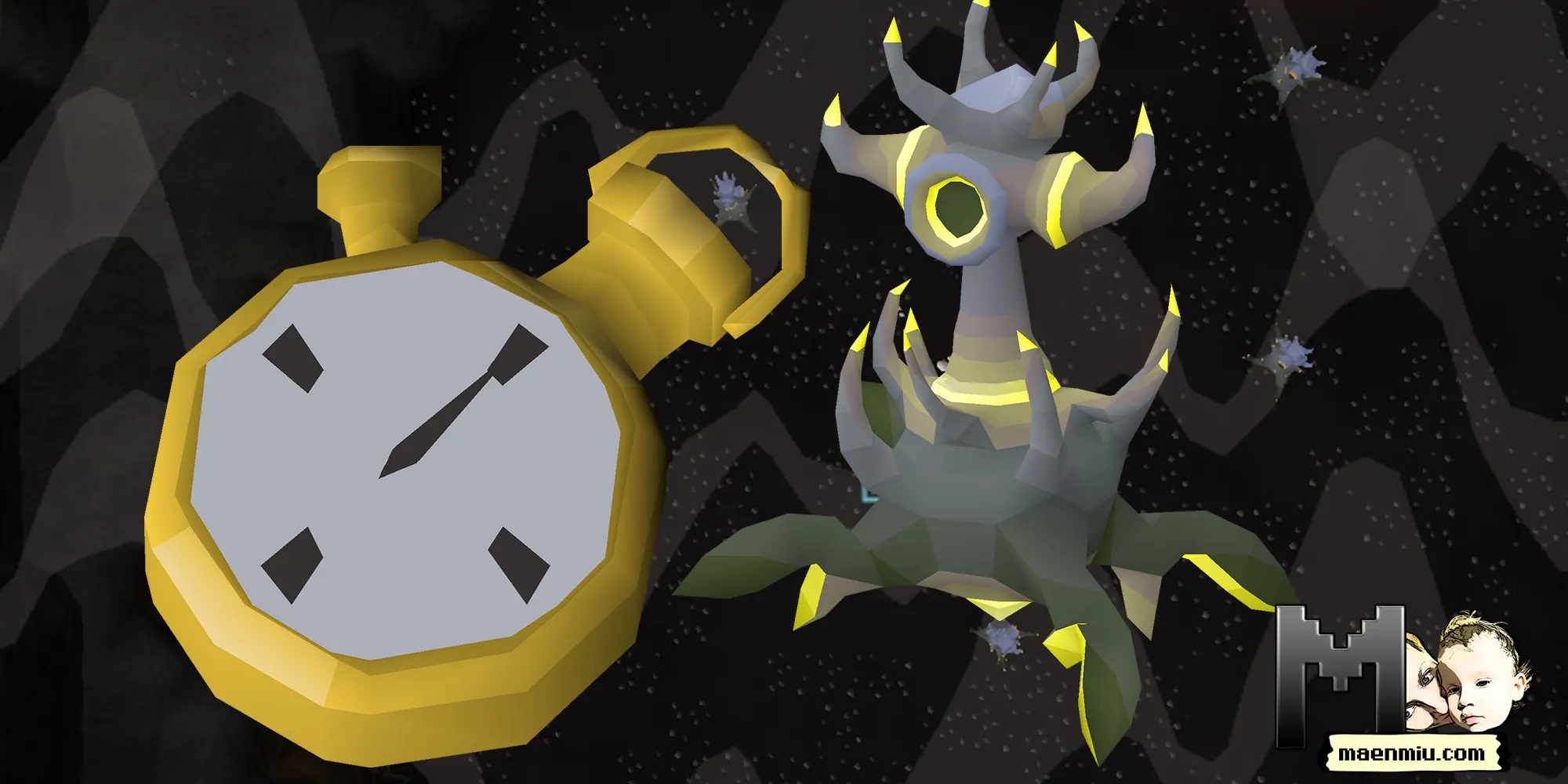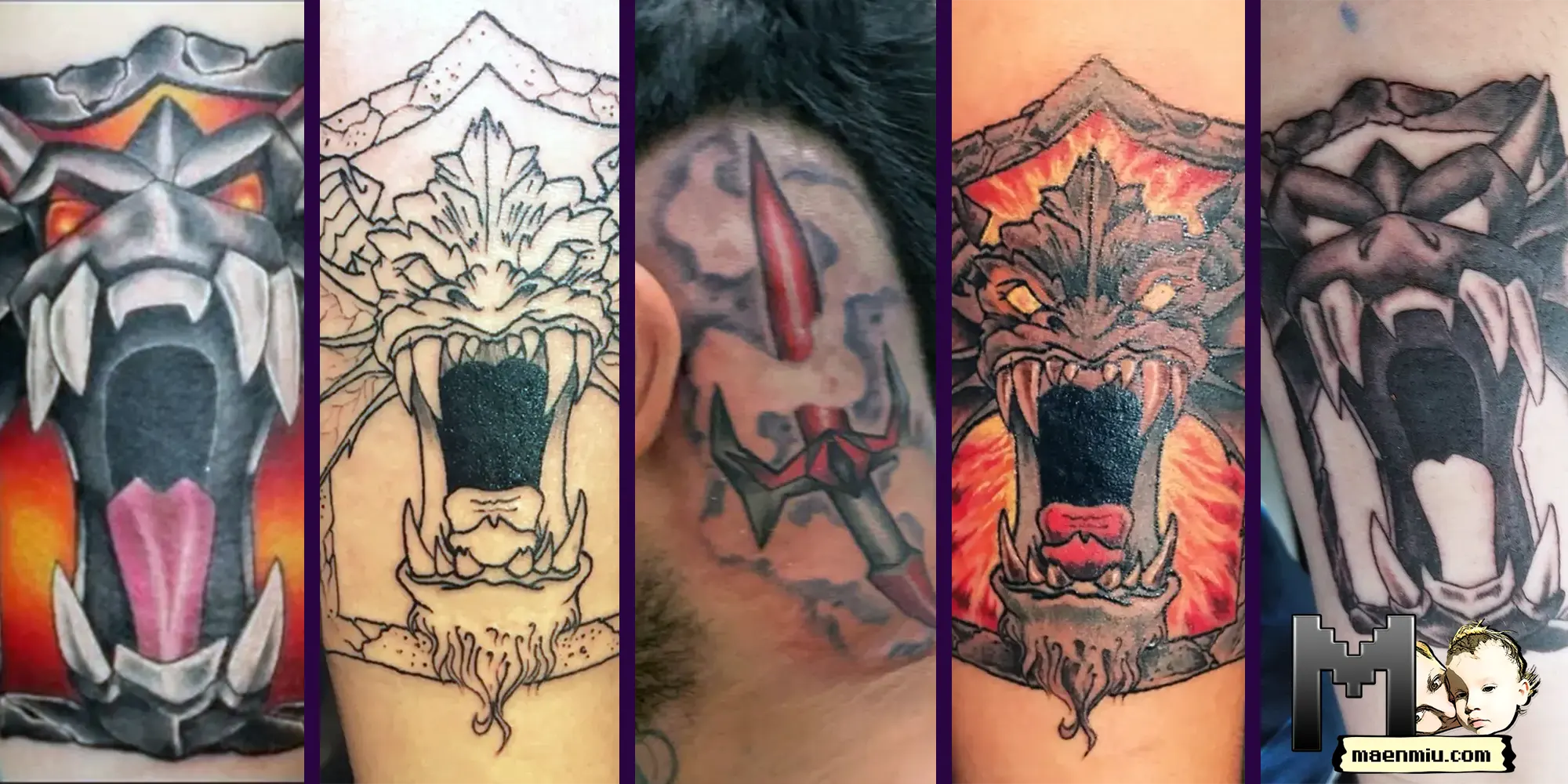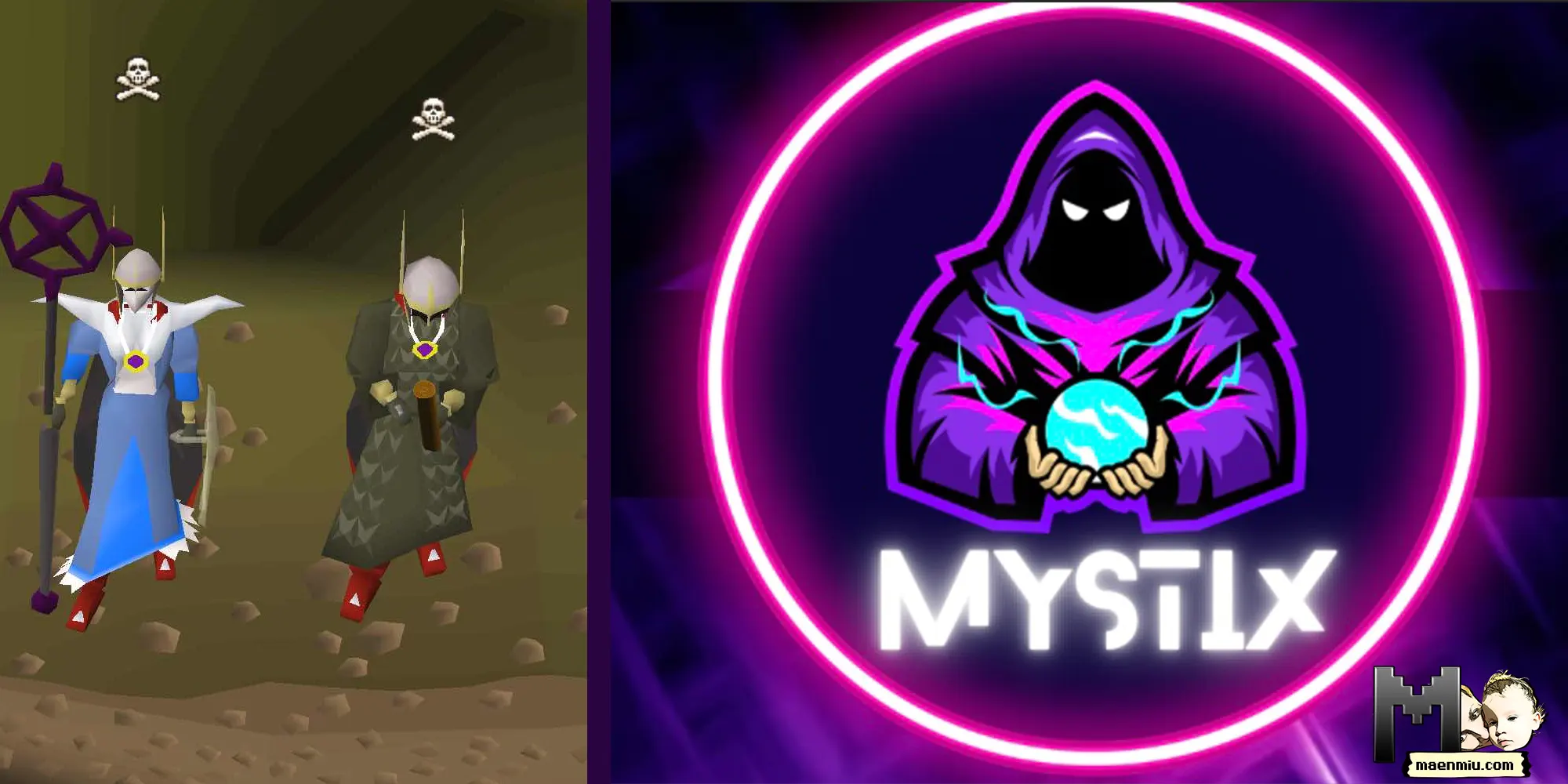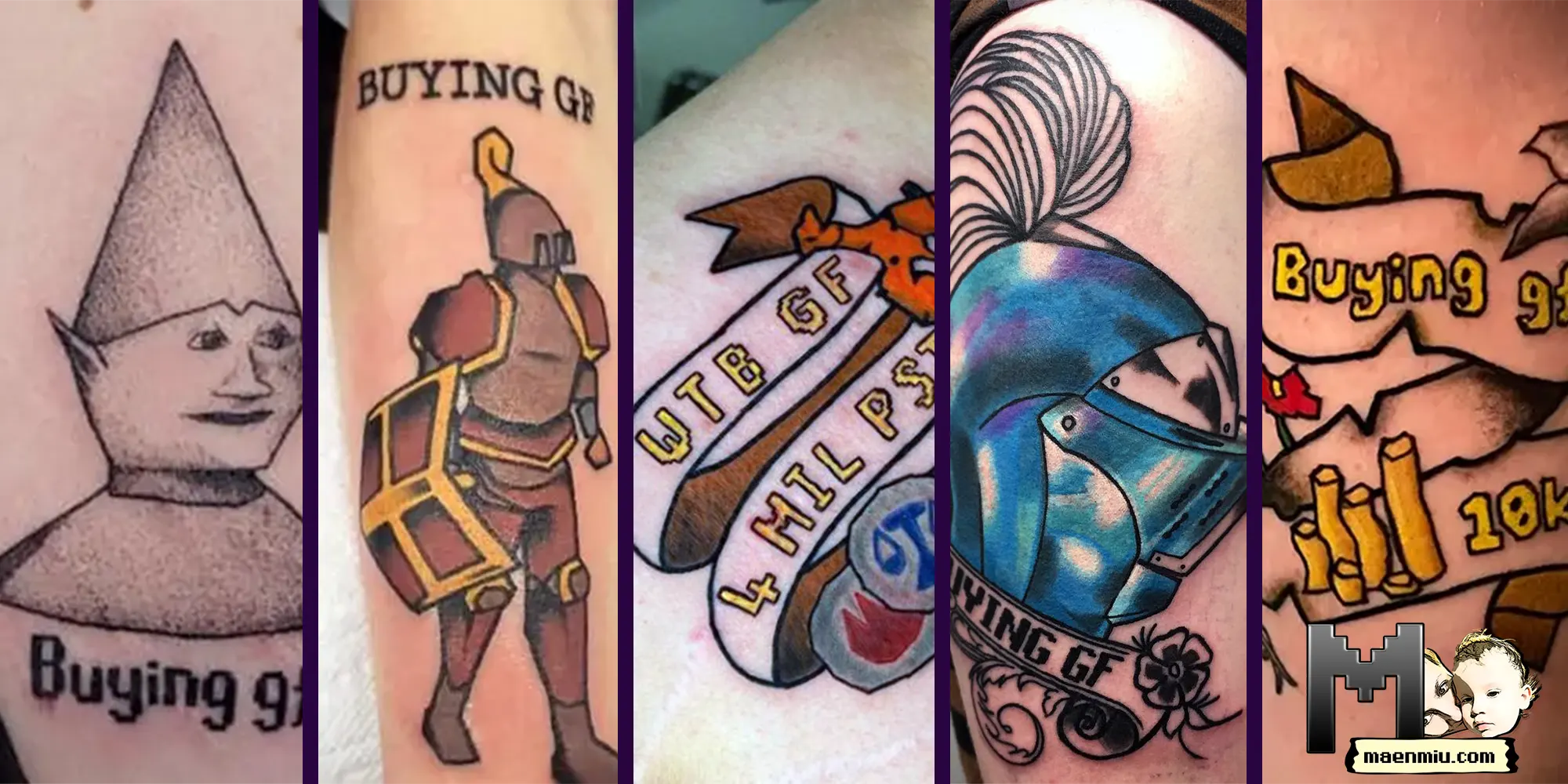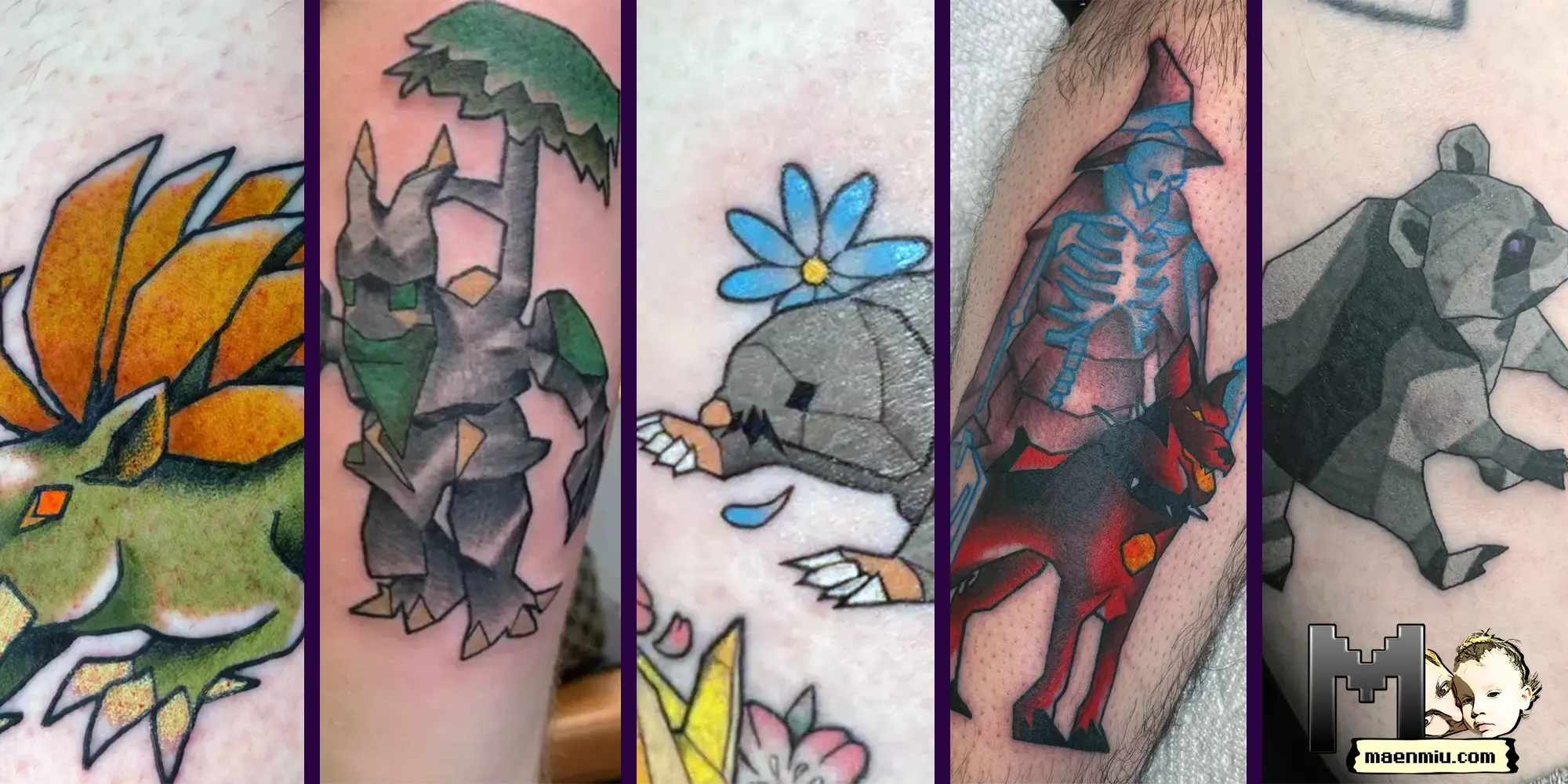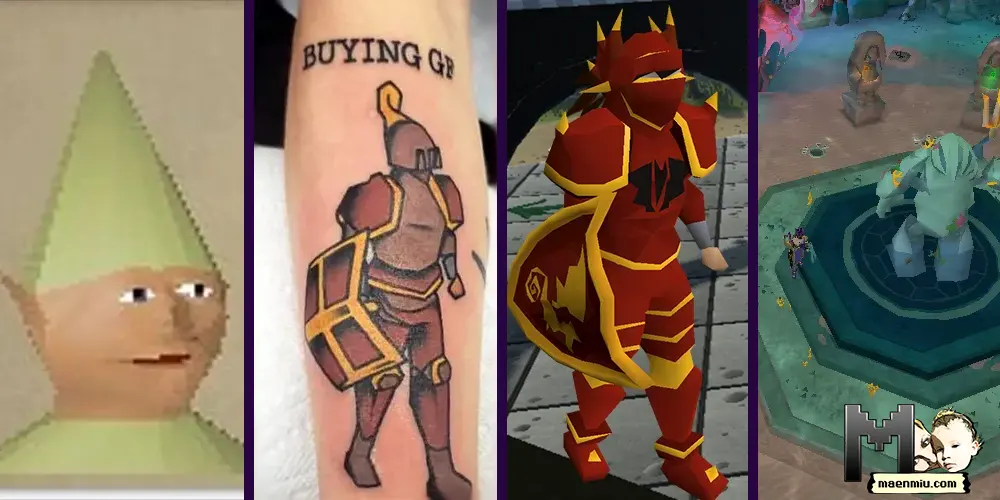
As a newer player I’ve always found it fascinating to discover what’s behind Old School RuneScape consecrated memes or witness the creation and spread of new ones! Still trying to trace down “ironman btw”…
-

OSRS Memes: The Never Lucky Meme Explained
The “never lucky” meme is one of the most well known Old School RuneScape memes, but its exact origins cannot be precisely pinpointed.
-

OSRS memes: 92 is half of 99
92 is half 99 is a direct reference to the leveling system in Old School RuneScape.
-

OSRS memes: the “Gnome Child” meme explained
Some Old School RuneScape players love gnomes and one of the oldest memes is the gnome child meme which has extremely intriguing origins.
-

OSRS memes: GOTR’s “Fucking irons” explained
The “fucking irons” meme, mostly seen after unsuccessful GOTR rounds, represents a hidden acknowledgement of the ironman players in OSRS…
-

OSRS memes: The ‘Trimming Armor’ Origins
The “Trimming Armor” scam in OSRS has evolved into a community meme, raising awareness and promoting scam prevention…
-

OSRS memes: “Buying GF” in Old School RuneScape
“Buying GF” is a humorous meme from RuneScape, originating from players role-playing relationships for in-game currency, symbolizing online gaming culture…
What is a meme?
A meme is an idea, behaviour, or style that spreads within a culture, often through the internet for the purpose of humour or to make a point. The term was first coined by the biologist Richard Dawkins in his 1976 book “The Selfish Gene.” Dawkins used “meme” to describe how cultural information spreads, similar to how genes propagate in a population through natural selection.
In the context of today’s digital world, memes have taken on a more specific meaning. They usually take the form of an image, video, or text, which is then copied and spread rapidly by internet users, often with slight variations. They are shared across social media platforms, emails, blogs, and other digital communication channels. Memes often reflect cultural phenomena, social ideas, or shared experiences, and their content can range from the humorous and absurd to commentary on real-world events, social issues, or trends.
Memes play a significant role in modern internet culture, and their rapid spread can influence public opinion and spark conversations on a broad array of topics. Their impact is such that memes have become a topic of academic study in areas like cultural sociology, social media research, and communication studies.
